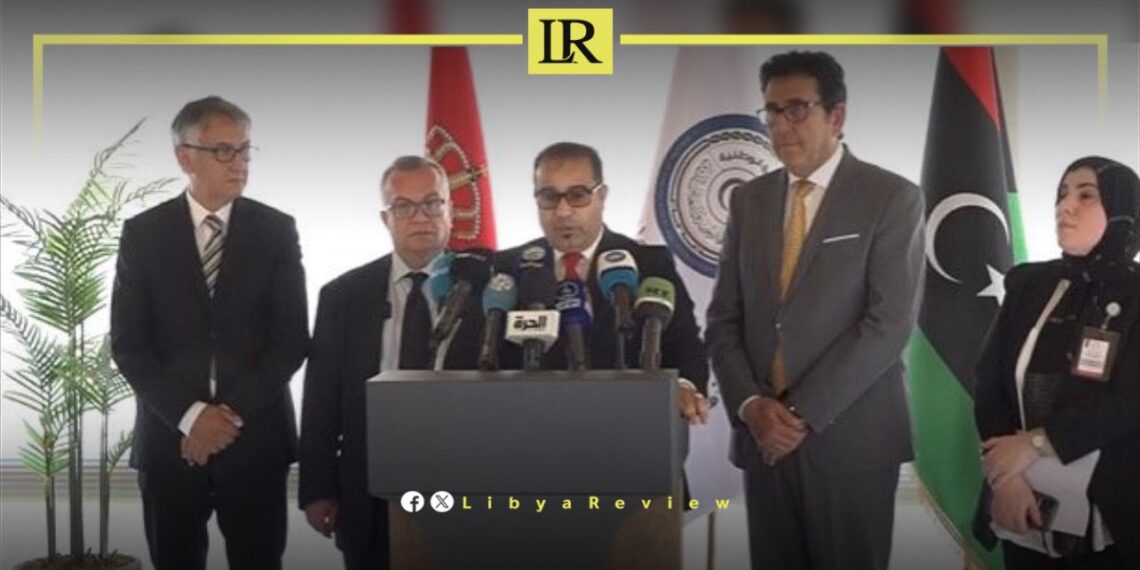On Wednesday, Libya’s Foreign Ministry of the Government of National Unity (GNU) announced the reopening of the Serbian Embassy in the capital, Tripoli.
The GNU Foreign Ministry stated that diplomatic relations between Libya and Serbia began in 1955 when Yugoslavia existed.
The ministry pointed out the existence of several agreements signed between the two countries in the fields of agriculture, education, defense, and oil, needing activation.
It also noted that there are Libyan students studying in Belgrade who receive good treatment from the authorities there.
In March, the newly appointed Serbian Ambassador to Libya, Dragan Todorovic said the embassy will be reopned after Ramadan. The announcement was made during a meeting with Abdul Rahman Khomada, Libya’s Director of European Affairs at the Ministry of Foreign Affairs and International Cooperation, emphasising the commitment to strengthening the historical ties between Serbia and Libya.
The meeting, which took place at the Libyan Foreign Ministry in Tripoli, focused on enhancing cooperation across various sectors and building upon the longstanding friendship between the two nations.
Khomada expressed Libya’s support for the Serbian mission, while Ambassador Todorovic highlighted the embassy’s readiness to resume its operations in Tripoli, aiming to deepen diplomatic and bilateral relations.
Last week, Libya’s Finance Minister of the Government of National Unity (GNU) Khaled Al-Mabrouk, held a crucial meeting with Sinisa Mali, Deputy Prime Minister and Finance Minister of Serbia, in Washington D.C.
This meeting, a focal point in the ongoing negotiations between the two nations, was primarily aimed at resolving the longstanding debts that Serbia owes to Libya, a financial dispute that has lingered and affected bilateral relations for years.
The discussions revolved around the intricate details of Serbia’s financial obligations to Libya, with both sides exploring viable solutions to settle these debts comprehensively. Beyond the financial negotiations, the meeting also served as a platform to enhance bilateral ties and discuss potential cooperation across various sectors that could benefit both countries in the future.


